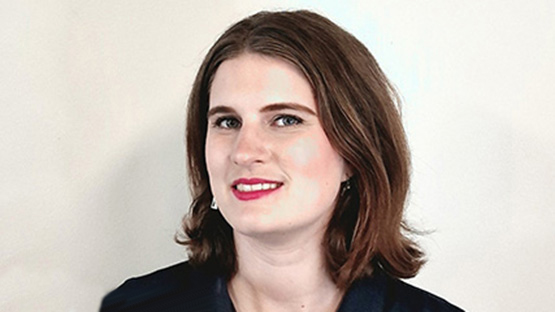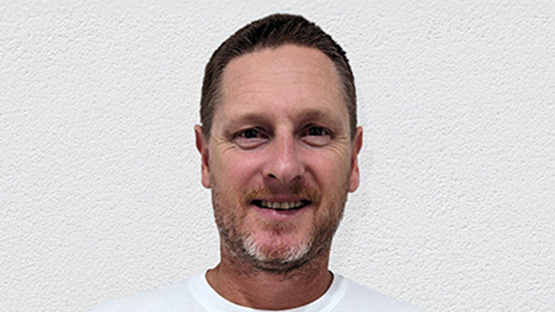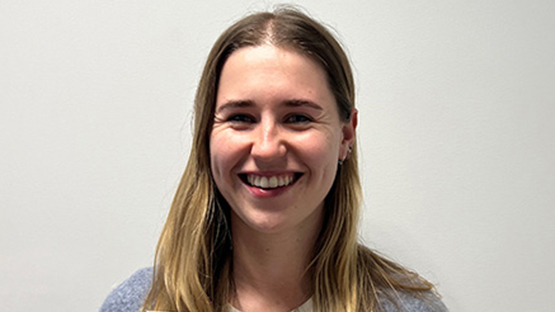December 2023 Issue Index
Controlling complexity
The third Maptek Geology Challenge saw some innovative techniques applied to solve a wide range of problems using DomainMCF.
The third Maptek Geology Challenge saw some innovative techniques applied to solve a wide range of problems using DomainMCF.
Now in its third year, the Maptek Geology Challenge provides participants with access to DomainMCF and Vulcan GeologyCore software to conduct their own project on a given theme.
The 2023 winner was Caroline Burden, Engineering Geologist from GMEK, who assessed subsurface structural relationships and mapping data for a complex metals deposit.
Free computing time with Maptek machine learning engine DomainMCF was the incentive to try a more data-driven modelling approach.
Burden brought drillholes, ATV data with structures picked, and mapped data into Vulcan GeologyCore to help refine and place the structures that controlled mineralisation.
DomainMCF also helped assess structural relationships in the subsurface, which were aligned with the mapped features present in the wall, highlighting the value of structural mapping for geological modelling and controlling complexity.
‘It’s ideal for models to be largely data driven, but we also want to allow for some statistical fuzziness. Machine learning used in conjunction with the structural data was key in developing a more complete model, which is what we’re really hoping for!’ Burden said.
Second place was awarded to Anthony Bottrill, Principal Resource Geologist at InterGEO Resource Consulting, who also relished the ability to easily combine data types to rapidly generate a first pass 3D geochemical model using multi-element data.



‘I was expecting to understand geological controls within the known data extents, what I didn’t expect was that DomainMCF would present plausible extrapolation outside of the data extents,’ Bottrill said.
‘This ultimately gave me a better grasp of the relationship between two adjacent deposits and identified a target exploration zone for the main feeder structure to the system at depth.’
He noted that while there are many tools for analysing multi-element data, typically this is done at the sample level (aspatial), because analysis in the 3D environment involves a lot of preparation and applied assumptions.
‘The combination of Maptek geology tools allowed me to focus on the interpretation and think about the deposit controls spatially – this is where I believe the true value lies for a modelling geologist.’
‘Machine Learning, if used as another tool to aid our work, could offer new modelling opportunities for interpreting geology and orebodies,’ Bottrill concluded.
Evelyn Charlesworth, Water Resource Scientist at Kōmanawa Solutions took third prize for a project to better interpret coastal heterogeneity.The juxtaposition viewing slider allowed easy comparison of geological models created from different datasets.
Maptek convenor, Senior Geologist Richard Jackson noted that the 2023 entries ranged across multiple commodity types and for resource geology and engineering geology applications.
‘We saw some truly innovative techniques used to solve a wide range of problems,’ Jackson said. ‘
The winning submissions exceeded Maptek expectations in using DomainMCF to control the complexity in their models. Burden plans to use the DomainMCF hours to continue to develop exciting new approaches to geotechnical modelling.
- Participants submitted their own projects on the theme of Controlling Complexity for the 2023 Geology Challenge
- Engineering Geologist Caroline Burden won first prize for a novel approach to incorporating structural mapping and historic drilling data
- Using the latest technology, including machine learning and fault modelling tools enabled customers to interpret geological controls and apply insights to a range of projects

